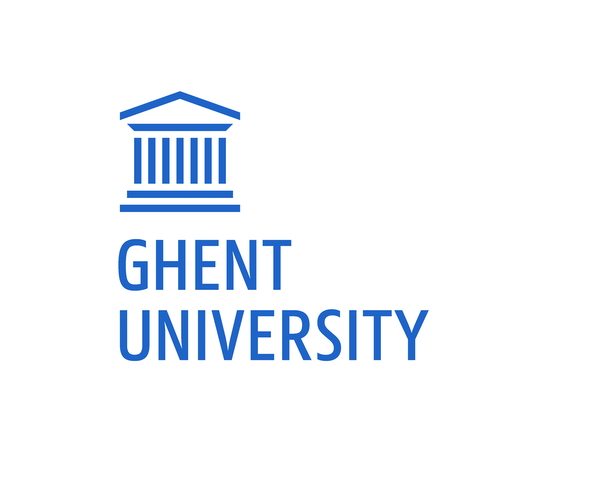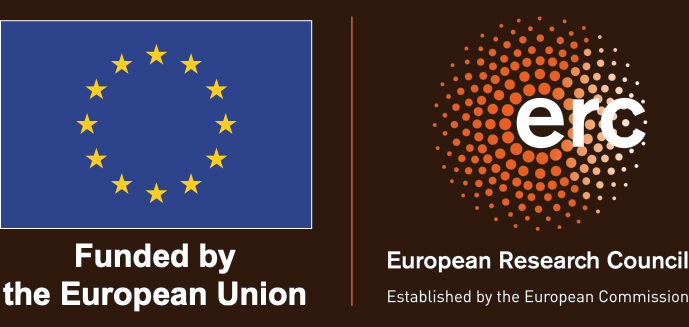The FragMent team is an international collaboration of experts in public health, epidemiology, geography, psychology, digital health and virtual reality. Together, we will assess how the urban infrastructures and equipment of our cities shape the feelings of stress and well-being of Luxembourg residents.
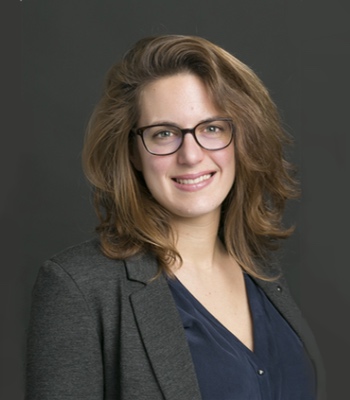
Dr. Camille Perchoux is a research associate at the Luxembourg Institute of Socio-Economic Research (LISER). She is a health geographer with a background in Geography and Public Health Epidemiology. Her research interests include the assessment of neighborhood effect on health at refined spatial and temporal scales, social and spatial inequalities in health. Camille’s research involves the use interdisciplinary concepts, methods and tools including map-based questionnaires, GPS, biosensors, mobile surveys and virtual reality technology. She is the Principal Investigator of FragMent.
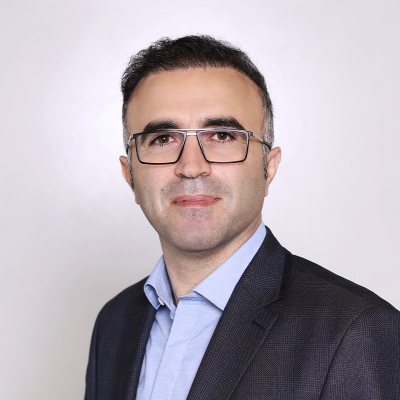
Mohammadreza (Reza) Aghanejadahmadchali is a doctoral student involved in the FragMent project. He holds two master’s degrees in GIS and Remote Sensing from Tehran University and in Geography and Spatial Planning from the University of Luxembourg. His research interests concern assessing the effects of daily life environments on health and active mobility. He is also interested in issues related to GIS sciences, Immersive Virtual Environments (IVE), and Human-computer interactions.

Noémie Topalian is a PhD candidate at LISER. She has a master’s degree in Applied Mathematics from the National Institute of Applied Sciences of Rouen where she specialized in the analysis of complex data structures and artificial intelligence. Noémie has worked with cohort studies at LIH and has a great interest for epidemiology as well as digital health. She now wishes to put her knowledge to good use in the study of environmental determinants of health for the FragMent project.

Sylvain Klein is a Senior Research Analyst at LISER. He has a degree in Computer Science. His main research collaborations relate with the mobility of persons. His current research interests and projects range from traffic modelling, to health and mobility monitoring via sensors. He has many years of experience in surveys, data management and spatial analysis using GIS, R and python.
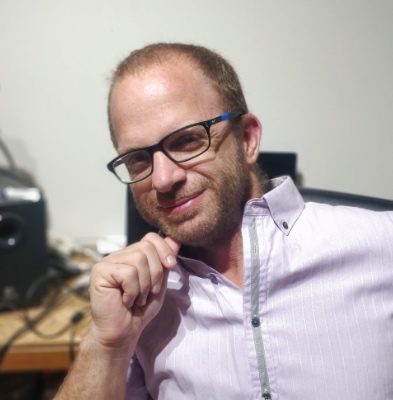
Dr. Amit Birenboim is a senior lecturer at the Department of Geography and the Center for Urban Innovation at the Hebrew University of Jerusalem, and head of the Urban Vitality Lab. Amit’s research focuses on human spatial behavior in various contexts such as health, mobility and transportation, technological impact, leisure and tourism.
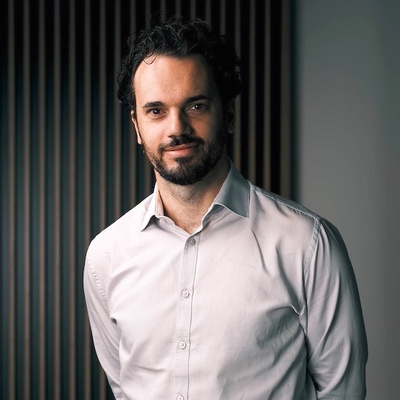
Guy Fagherazzi is the Director of the Department of Precision Health at the Luxembourg Institute of Health (LIH), which is composed of 9 research units and where he leads the research activity related to public health and epidemiology. Guy is also the Head of the Deep Digital Phenotyping Research Unit at LIH. He is a senior research scientist in Digital Epidemiology with a strong expertise in the analysis of large population-based studies using Artificial Intelligence (AI) methods.
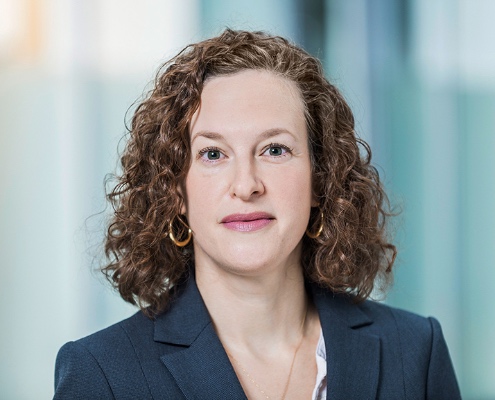
Christina Röcke holds a PhD in Psychology (2006) from the Free University Berlin / Max Planck Institute for Human Development. After postdoc positions in Boston and Zurich, she has been the scientific managing director of several aging research centers at the University of Zurich (UZH), and currently co-directs the Healthy Longevity Center (HLC) at UZH. Her research interests include emotional aging and well-being trajectories into old age, daily life activities and their health implications, and ambulatory assessment. She serves on the editorial boards of Psychology and Aging, Gerontology and GeroPsych.
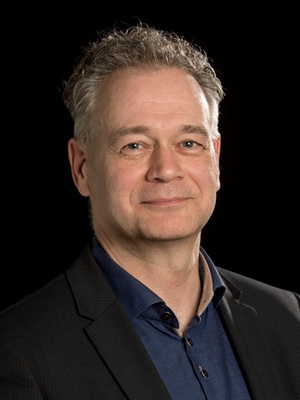
Martin Dijst is the head of Director of the Urban Development and Mobility department at the Luxembourg institute of Socio-Economic research (LISER). His research is focused on mobility, Information and Communication Technologies, immersive Virtual Reality, climate change, urban metabolism and health. His recent work on health includes analyzing the impact of exposures to environments on health and studies on the meaning of new digitalized sensors, monitoring techniques and self-management methods to stimulate health behaviors.

The academic background of Philippe Gerber is more specifically dealing with travel behaviors and satisfaction, residential mobility, land use and transport interaction (LUTI) modelling, wellbeing and active mobility, with a combination of objective and subjective determinants and policy impacts. As an urban geographer, the links between these different mobilities have let him produce mostly quantitative research outputs, but also qualitative and therefore mixed methods results, especially related to mobility biographies and LUTI experiences.
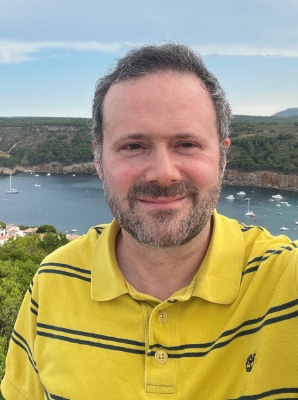
Basile Chaix coordinates the Nemesis team, which investigates how urban environments influence health, explores the impact of transport on health, and studies the health effects of heat waves in the urban heat island. These projects monitor participants with wearable sensors of location, behavior, environmental exposures, and health, and with the Eco-emo tracker smartphone application. Basile is Associate Editor at Health & Place et member of the editorial board of Epidemiology.

Monique Simons, PhD is an assistant professor at Wageningen University & Research at the Social Sciences group and the Consumption and Healthy Lifestyles chair group in the Netherlands. She obtained her PhD in Health Sciences and has a diverse and longstanding experience in conducting research and crossing boundaries between science, policy, practice and society. Her expertise is on the role of context and technology in developing and evaluating healthy lifestyle interventions (i.e. context-aware interventions). She has experience in a wide range of research methods, both quantitative and qualitative.
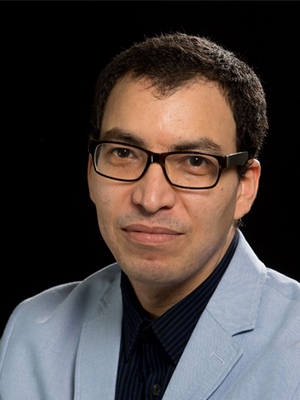
Hichem Omrani, Ph.D. is a research scientist at LISER. He received his habilitation-HDR (2019), a full ADR (authorisation à diriger des recherches, 2018) from the University of Luxembourg, PhD (2007), and Master (2004) in Computer Science both from the UTC-France. Hichem has supervised several Ph.D. and MSc students. He serves as a reviewer for several international journals. He has published more than 100 scientific publications among them more than 50 articles in peer-reviewed journals. His research focuses on data science, complex systems modeling, and policy evaluation.
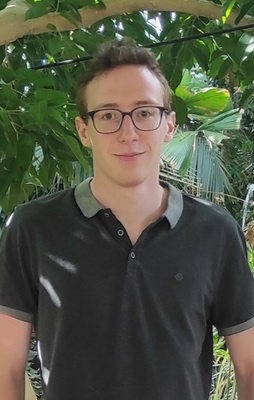
Killyan Clément is a Master student in civil engineering. He is specialized in Urban planning and follows a dual graduation program Architecture. He has an inquisitive mind, and is eager to understand how urbanism impact the daily life of inhabitants, and to generate evidence base to improve public spaces of tomorrow. Killyan contributes to participative research in Fragment through the conduction of focus groups on urban stress.

Olivier Klein is an urban geographer by training and research scientist at LISER. He studies daily mobility, particularly in cross-border areas, as well as active mobility and walkability in urban contexts. As part of ongoing projects, he is also developing research on societal impact evaluation for assessing projects on environmental education and implementation of new digital technologies. Olivier has also a recognized expertise in GIS analytics, survey design, spatial modeling and geovisualization.

Dr. Marion Tharrey is a postdoc researcher at the Luxembourg Institute of Socio-Economic Research (LISER) and Luxembourg Institute of Health (LIH). She holds a PhD in Public Health Nutrition and an MSc in Nutrition & Human Diet sciences. She has a strong interest in interdisciplinary research that support the transition toward inclusive, healthy and more sustainable cities. Her last research focused on neighbourhood greenness, local food systems and nature-based solution. She has broad expertise in the fields of epidemiology, public health intervention and urban health.

Kyra Gantrel is a Master’s student in Psychology, specializing in Health Promotion and Behavior Change. Her main interest lies in exploring methods to motivate individuals and communities toward improved health and well-being. Kyra has a background in both Psychology and Sociology, providing her with a deep understanding of the interplay between individual behaviors and social influences. This interdisciplinary foundation equips her with knowledge in quantitative and qualitative research. In the FragMent project, Kyra is responsible for the analysis of the focus groups on urban stress.
Steering committee

Marco Helbich is an urban geographer and geographic information scientist at Utrecht University, NL. Through his research, Marco tries to understand how environmental exposures shape humans’ mental health, by 1) making theoretical contributions to human–environment interactions, 2) developing data-driven solutions to reduce environmental stressors, and 3) underpin evidence-based policies. His research bridges the gap between technology- and data-driven geographic information science and more conventional urban geographies. Thereby, he puts people’s daily mobility and their residential life-course central.
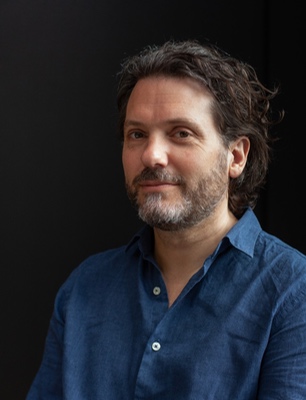
Yan Kestens is a full professor in the Department of Social and Preventive Medicine at the École de Santé Publique de l’Université de Montréal (ESPUM) and a researcher at the Centre de Recherche en Santé Publique (CReSP), where he directs the SphereLab. His research program focuses on transforming cities to improve health and equity. Using innovative, participatory methods, he aims to better understand the role of environmental and social determinants in the complex system of urban health, and to support the implementation of successful interventions.
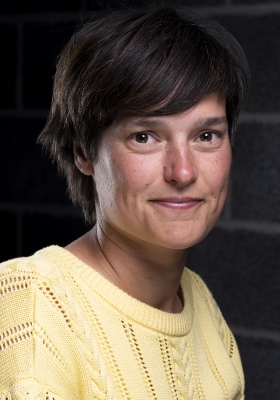
Delfien Van Dyck’s research focuses on the determinants of physical activity and sedentary behavior in (older) adults, with specific attention to the importance of ‘walkable’ and ‘bikeable’ environments (parks, neighborhoods and the use of Virtual Reality in this research domain). Furthermore, she supervises PhD research regarding theory-based interventions through eHealth and mHealth to promote an active lifestyle in adults and PhD projects regarding the use of ecological momentary assessment to identify the dynamic determinants of physical activity and sedentary behavior in older adults.
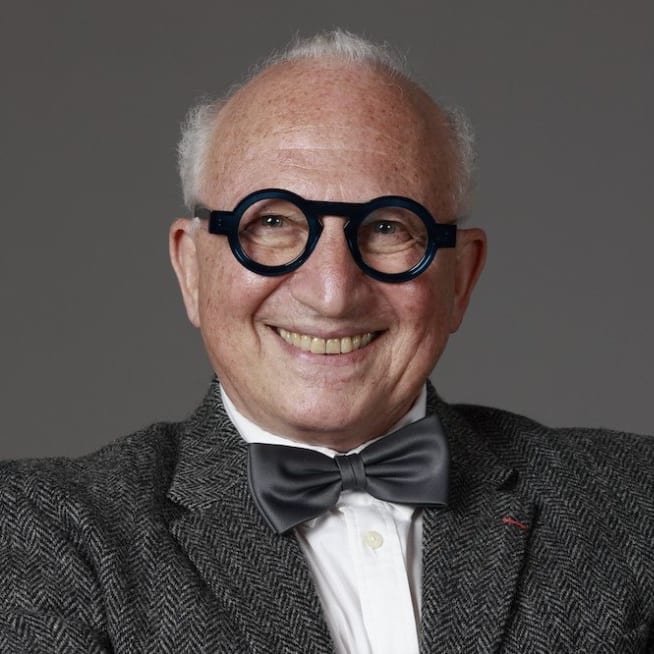
Engineer and philosopher by training, Jean-Gabriel Ganascia then turned to computer science and artificial intelligence. He obtained a PhD on Knowledge-Based Systems in 1983 then a Thèse d’État on Symbolic Machine Learning in 1987, both at Paris-Saclay University. He is presently Professor of Computer Science at Sorbonne University and researcher at LIP6 where he pursues research activities on digital humanities and computational ethics. EurAI fellow, he is involved in many ethics committees and published papers and books on AI Ethics.






